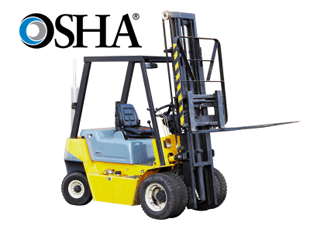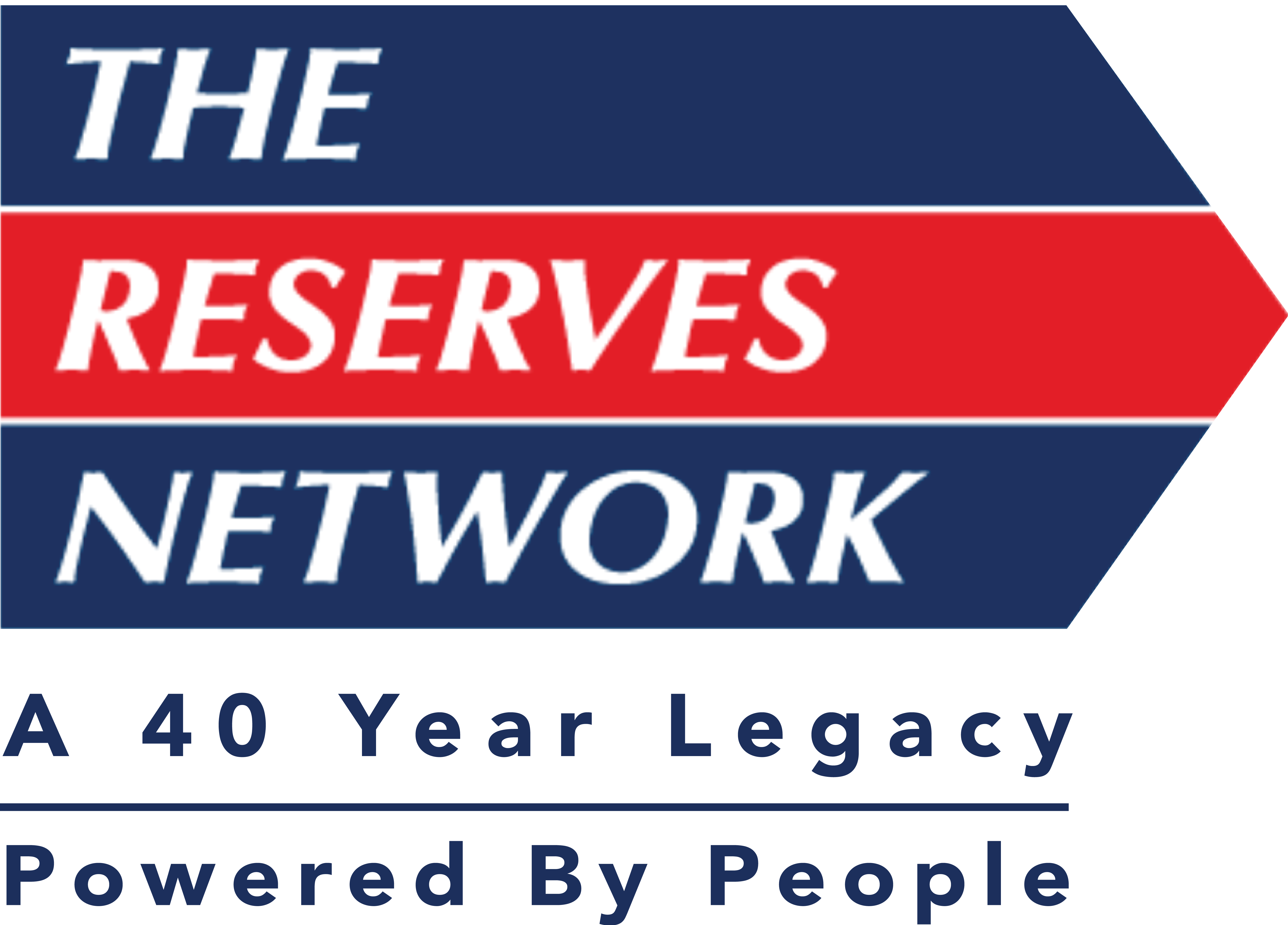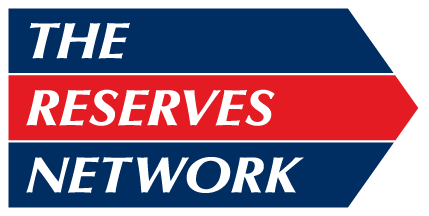Common Misconceptions Regarding Powered Industrial Truck Training (TRN Safety Alert)

One of the many frequent misconceptions regarding Powered Industrial Trucks (PIT) has to do with operator training. OSHA requires business to train, observe and certify all PIT operators. With that said, it needs to be restated that businesses must train, observe and certify all PIT operators and not rely on the training from an employee’s previous employer. Here are some of the reasons operators must be certified internally.
1. Forklift Certifications do not transfer from one company to another.
Each company is required to develop and implement a Powered Industrial Truck (PIT) Written Program. PIT is an OSHA term for forklifts, powered pallet jacks, etc. The Program must outline: How that company will oversee the usage of PIT’s; the maintenance of PIT’s; and also provide training and certification of operators. OSHA does not state that companies must use the same program, only that companies must develop a program that covers certain items. Therefore, if an employee was Forklift Certified at ABC Company, it does not certify them at any other company because all companies should have written programs specific to their needs. As a result, when a company hires an employee who was certified at ABC Company, it does not make them certified at the new company.
2. OSHA has specific requirements for training.
OSHA has outlined in the Powered Industrial Truck Standard (CFR 1910.178) which topics need to be covered in the classroom portion of the training.
Highlights of the truck-related requirements are:
- Operating instructions, warnings and precautions for the types of truck the operator will be authorized to operate
- Truck controls and instrumentation (IE: Where they are located, what they do and how they work)
- Fork and attachment adaptation, operation and use limitations
- Vehicle capacity
Some workplace-related requirements include:
- Surface conditions where the vehicle will operate
- Pedestrian traffic in areas where the vehicles will operate
- Ramps and other sloped surfaces that could affect the vehicle’s stability and performance
- Other unique or potentially hazardous environmental conditions in the workplace that could affect safe operation
These topic requirements are specific to each individual employer, and one of the primary reasons PIT certifications do not transfer from company-to-company.
3. Trainers have to be knowledgeable on the subject matter.
Since the training topics and requirements are so specific, the trainer needs to have first-hand knowledge of both the Powered Industrial Truck and the operational environment of the PIT. Typically this is information that is only known by employees of the company, therefore third parties would not be sufficient trainers unless they knew all of the ins and outs of the company they are training for.
4. Trainers must observe the operator in regular working environment.
Another training requirement is that instructors must observe and evaluate the operator’s performance in the workplace. Most safety and health professionals know that they must observe PIT operators during their initial certification process, but they should also be continuously observing operators in order to make sure they are following all rules and procedures after they have been certified. This ensures that the operator was not only operating the PIT correctly during the certification phase, but has continued to operate it safety thereafter.
There is a lot of time, knowledge and detail required in providing OSHA compliant training – particularly Forklift Certification. Make sure that you are following all of the requirements of CFR 1910.178 to give your employees all of the knowledge and skills to operate a Powered Industrial Truck safely in your facility.


